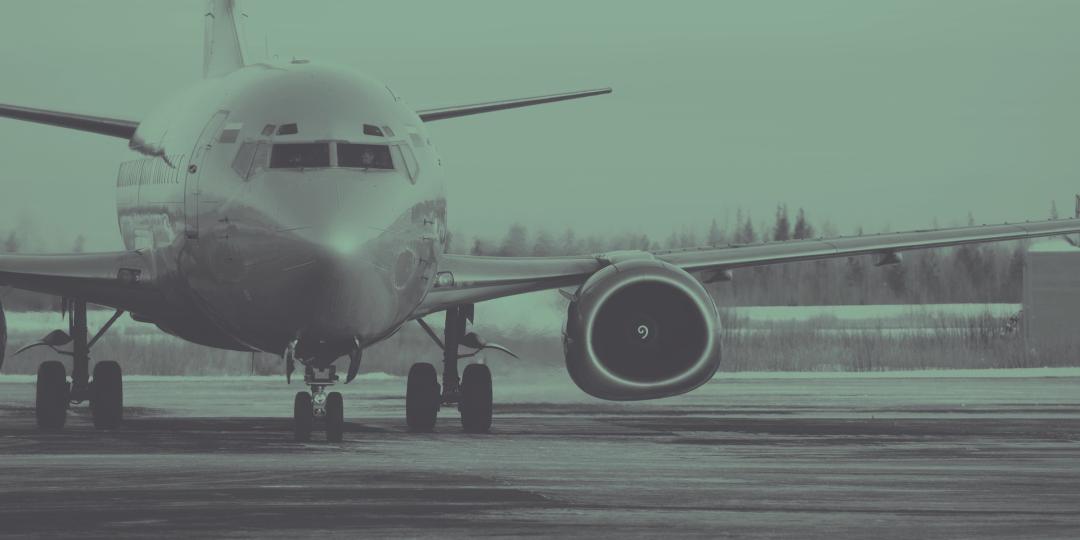Iata has released research on the training requirements for the aviation workforce as the industry starts to recover from the COVID-19 crisis.
According to a global survey of about 800 human resources leaders in the aviation industry, right-skilling existing workers and ensuring quick training of hires from outside aviation is crucial to successfully build the post-pandemic workforce.
Around half of the respondents said their top priority was to assess available workforce skills and map these against their organisation’s competency requirements.
The pandemic has already forced many airlines and other companies in the value chain, like ground service providers, to assess the skills that their employees must adapt to new requirements. For example, the need to load cargo in cabins of passenger aircraft that have been repurposed to carry cargo only.
As demand for air travel recovers, companies will be bringing back employees but will also be hiring from outside the industry. Results from the survey show that topics such as safety, operations, security, and economic disciplines are the main areas where training will be required. Safety was highlighted as particularly critical for airlines, ground service providers and airports.
In training delivery, focus will shift to digital methods as opposed to conventional classroom training. Of respondents, 36% have already moved their focus to distance and e-learning.
Digital learning options have already played a key role in some of the initiatives Iata offered to support the industry during the pandemic, such as an online training course for former cabin crew, virtual training for temperature-controlled cargo operations to support vaccine transport, a module for the transport of pharma products by air, training on ground support equipment, and turning critical training courses (for example, transporting dangerous goods) into a virtual format.
“Iata has been providing training for aviation professionals for nearly 50 years. The technical nature of our industry, coupled with stringent requirements defined by the regulators, drive the necessity for standardised training across the sector,” said Frédéric Leger, Interim Senior Vice President, Commercial Products and Services at Iata and Cargo Network Services President.
A new cross-functional Aeronautical Skills Iata Working Group will ensure that the future training requirements are in line with the needs brought about by the digital transformation of the industry.






















